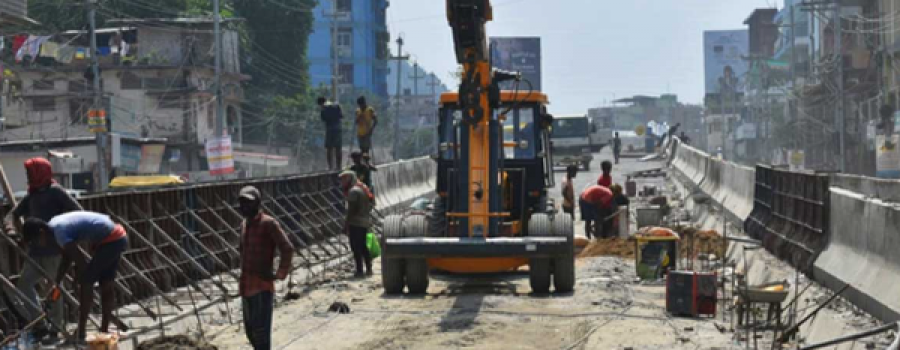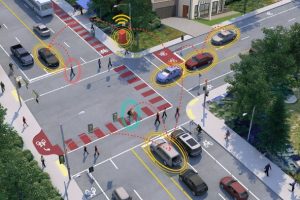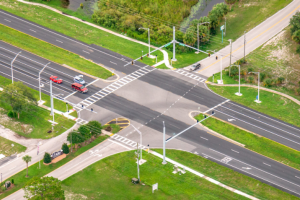In the pursuit of urban modernization and technological advancement, the concept of “smart cities” emerged as a beacon of hope for more efficient and sustainable urban living. However, recent revelations regarding the underperformance of various smart city projects across the globe have cast a shadow of doubt on this vision. The reasons behind these setbacks are multifaceted, encompassing challenges in planning, execution, and adoption. As cities like Guwahati grapple with limited project completion rates, a closer examination of the root causes and potential solutions is imperative.
1. Complex Ecosystems and Incomplete Planning: One primary reason for the underperformance of smart city projects lies in their complex ecosystems. These projects often involve multiple stakeholders, intricate technologies, and intricate urban landscapes. Inadequate initial planning and fragmented execution strategies can lead to confusion, delays, and ultimately hinder project progress.
2. Technological Hurdles: Implementing smart technologies, such as IoT devices, data analytics, and automated systems, requires robust technological infrastructure. Many cities face challenges in integrating these components seamlessly, leading to technical glitches and operational issues.
3. Financial Constraints: Smart city initiatives demand significant financial investments. Budgetary constraints, misallocation of funds, and insufficient revenue generation mechanisms can hinder project advancement. In some cases, bureaucratic red tape and delays in fund allocation exacerbate financial challenges.
4. Limited Community Engagement: For smart cities to succeed, community buy-in and active participation are crucial. Inadequate communication, lack of awareness, and failure to involve citizens in decision-making processes can lead to skepticism and resistance.
5. Regulatory and Policy Bottlenecks: Ambiguous or outdated regulations can pose significant obstacles to smart city projects. Unclear legal frameworks, zoning issues, and conflicting policies can stall implementation and hinder progress.
6. Overarching Technological Dependence: While technology is a cornerstone of smart cities, excessive reliance on it without considering the human element can result in inefficiencies. Striking the right balance between technology and human intervention is essential.
7. Infrastructural Challenges: Inadequate existing infrastructure, especially in developing regions, can create a domino effect on smart city projects. Without proper foundations, the implementation of advanced technologies becomes an uphill battle.
8. Lack of Skilled Workforce: Smart city projects necessitate a workforce equipped with technological and managerial skills. Shortages in skilled labor can lead to mismanagement, delays, and compromised quality.
To pave a way forward, collaboration among government bodies, urban planners, technologists, and citizens is paramount. Holistic planning and robust execution strategies that integrate various components seamlessly can prevent bottlenecks and streamline progress. Community engagement must be prioritized to ensure the projects align with the needs and aspirations of the people they serve. Additionally, addressing regulatory hurdles and creating transparent and flexible policies can foster an environment conducive to smart city development.
The role of technology partners like DSS (Delta Software Solutions) becomes pivotal in enhancing smart city projects’ performance. Utilizing DSS accurate traffic counting services and consultation services and technology solutions can help cities optimize transportation systems, reduce congestion, and enhance overall urban mobility. Such data-driven insights empower cities to make informed decisions and maximize the impact of their initiatives.
In conclusion, the underperformance of smart city projects can be attributed to a combination of factors. Overcoming these challenges requires a concerted effort from all stakeholders involved. By embracing a holistic approach, prioritizing community engagement, and leveraging the expertise of technology partners like DSS (a decade old purely into road traffic and transport data analysis), cities can transform these setbacks into stepping stones toward creating truly smart, sustainable, and prosperous urban centers. Only through collective action and adaptive strategies can the promise of smart cities be fulfilled. “If better is possible, good is not enough!” Simple!




